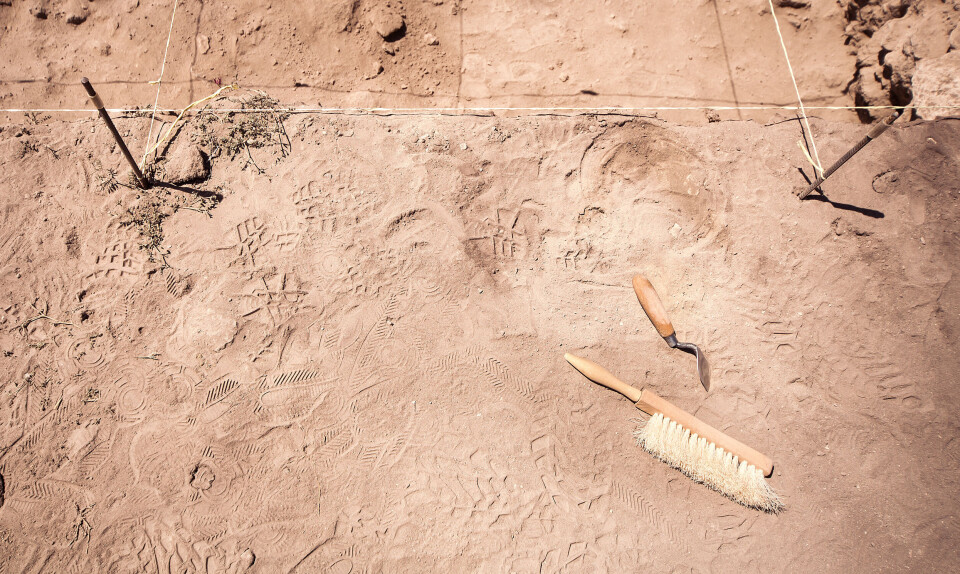-
Britons are the largest foreign community of second-home owners in Nouvelle Aquitaine
See which other departments in the region are popular with British nationals
-
Travellers risk extra costs under new Eurotunnel ticket rule
Some fare options are less flexible and less forgiving of lateness
-
May will be difficult month for train travel in France, warns minister
Two major train unions are threatening to strike and are ‘not willing to negotiate’, he says
Excavations begin at suspected site of WWII executions in France
A former resistance fighter recently told how around 50 German soldiers were executed and buried at the location

An archaeological dig at the supposed execution site of 36 German soldiers has begun, after a former resistance fighter revealed the location.
A search for the burial site began this summer in an area close to Meymac, Corrèze, in June, before a preliminary excavation took place in July.
Two smaller excavations are happening at the site, with 18 people working to recover the remains.
Up to 36 bodies (35 German soldiers and a French woman who is believed to have helped them) could be found, according to the archaeologists leading the dig.
Ten bodies were allegedly excavated in the area back in 1967, but no official records have been found.
The work is being undertaken by a joint team of the French Office national des combattants et victimes de guerre (national veterans’ office) and Volksbund deutsche Kriegsgräberfürsorge (German War Graves Commission).
Secret kept for over half a century
The location was revealed by former resistance fighter Edmond Réveil, 98 – the last person alive in his company – who told the local mayor where he believed the grave was, saying it was important that he explained for historical purposes.
Mr Réveil, who was only a teen at the time of the execution, revealed how his unit drew lots to execute the German soldiers, who they had captured but did not have enough men or supplies to keep watch over.
They swore to keep the location of the site a secret, although now Mr Réveil is the last person left alive in the group, he believed he could reveal it.
He kept the secret for over 75 years, not even telling his family.
The execution took place a few days after the massacre of 99 civilian hostages in nearby Tulle by German soldiers after the city was taken by resistance fighters before being recaptured.
The site is around 115km from Oradour-sur-Glane, which only a few days before was the site of a massacre of over 600 civilians by German troops.
The confession has also allowed historians – who were aware an execution took place but were not sure where or of what size – a better understanding of resistance action in Corrèze in 1944.
Any remains found will be sent to a university in Marseille for identification.
The remains of the German soldiers successfully identified will be returned to their families to organise a burial, if they so wish, or placed in a German war cemetery.
Read more:
Britons lay crosses at Commonwealth war graves in south-west France
























